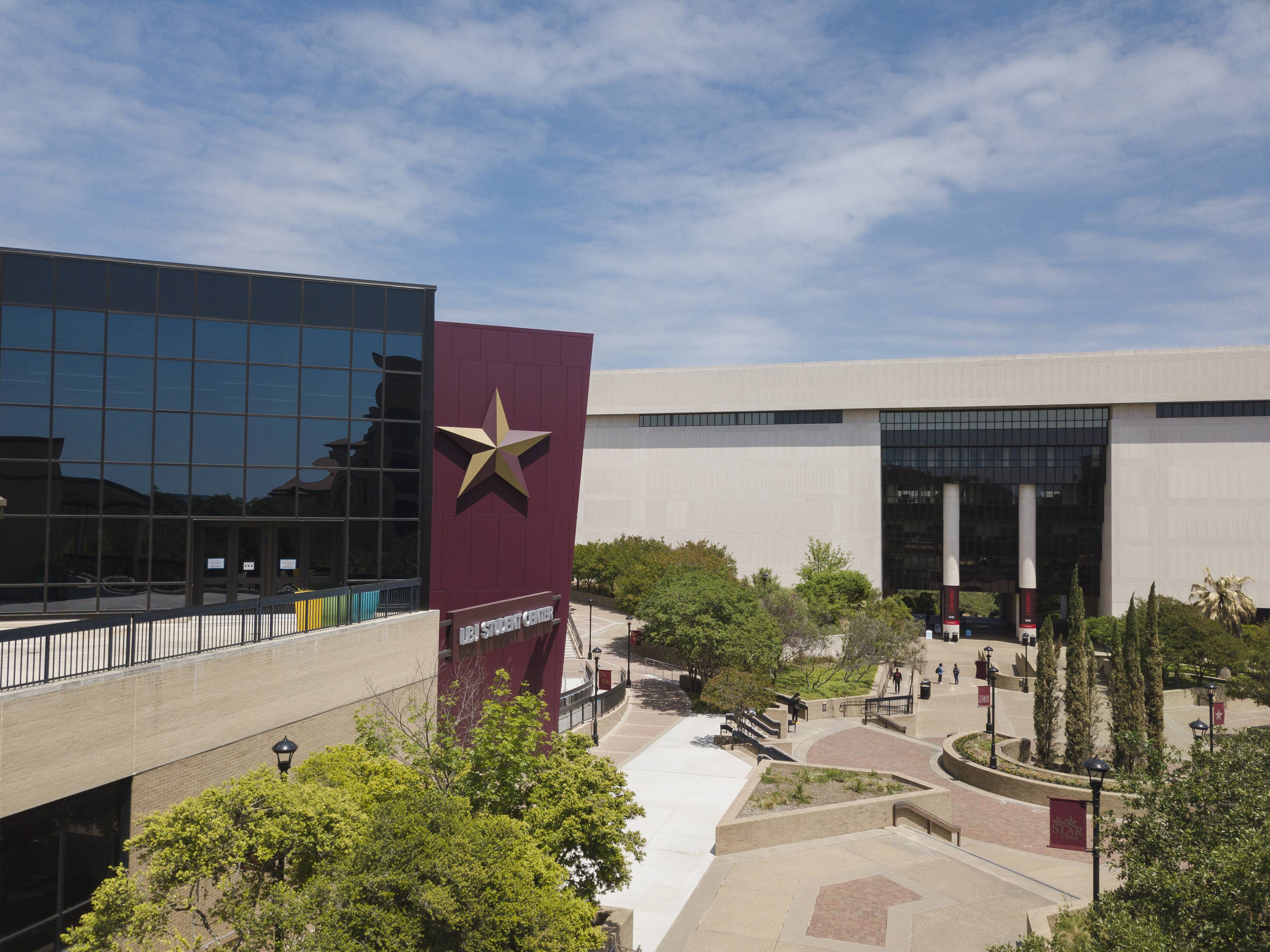Planning an event?
We’ve got the tools and resources you need to make it a success! Access essential tools and guides to help plan your next event, from making a reservation to adhering to campus policies and promoting and managing logistics. Here you will find the support to ensure your event runs smoothly.
We Are Here to Help!
Visit the following webpages for full details with policies, forms, and all you need to get started in planning your event!
Event Planning Process
Event planning is a process that involves different steps to ensure everything runs smoothly. It's important to follow each stage, fill out the necessary forms, and reach out for support.
Set Goals and Make a Budget
A budget is a tool for planning and controlling organizational funds. It is a formal, written guideline describing your organization’s future goals expressed in financial terms within a set period of time. It serves as a detailed statement of estimated income and expenses. Importantly, a budget is a historical record of the organization’s activities during a given period.
-
How can a budget help?
A budget can:
- Help refine goals that reflect the realistic resource environment
- Compel organization members to use funds efficiently and appropriately
- Provide accurate information to adjust, analyze and evaluate programs and activities
- Aid in decision making
- Provide a historical reference to be used for future planning
-
Income
The first part of your budget includes planned sources of income. These could include membership dues, student activity fee monies, activity fees, fund raiser revenue, accounts receivable, and any other planned sources. Each of these sources should be listed separately in the income section.
Once you have listed your projected income, it is a good idea to subtract a 10% buffer from your gross income.
This buffer will help you stay within your financial limits and provide you with a net income to meet your expenses.
-
Expenses
The second part of your budget includes all money you plan to spend throughout the course of the year.
Examples are national membership dues, retreats, socials, membership education, alumni relations, supplies, public relations, conferences, rush ...there always seems to be a never ending list of places to spend your money.
-
Advice
- Start by defining the event’s purpose—whether it’s fundraising, networking, education, or entertainment.
- Outline key objectives, such as attendance targets or engagement levels.
- Create a budget by listing all anticipated expenses, including venue, catering, marketing, and supplies.
- Identify potential revenue sources like ticket sales, sponsorships, or school funding.
- Keep track of spending to stay within budget and adjust as needed.
Plan Logistics
Event logistics refers to the comprehensive planning, organization, and execution of all operational details required for the successful management of an event.
-
Advice
- Start by securing a venue that fits your needs and confirming the date well in advance.
- Coordinate essential details such as equipment, seating, and accessibility.
- Arrange for catering, guest speakers, and entertainment as needed, while ensuring permits and approvals are in place.
- Create a timeline for setup, execution, and cleanup, assigning clear roles to team members.
- Consider transportation, signage, and attendee flow to enhance the experience.
Delegate Tasks
Delegation is an ethical responsibility you owe to yourself, to those with whom you work with, and to your organization.
-
Advice
- Assigning tasks to a reliable team ensures that no detail is overlooked and helps prevent last-minute chaos.
- Start by identifying key responsibilities, such as venue coordination, catering, entertainment, guest management, and logistics.
- Match tasks to team members based on their strengths and expertise.
- Clear communication, defined deadlines, and regular check-ins keep everything on track.
- Utilizing tools like project management software can streamline collaboration.
Promote Your Event
To have a successful event the organization must see marketing as a key aspect of the planning process. The most common mistake is to place marketing at the end of the process. The organization must think about the things that can be done early in the process to create anticipation and excitement for the event.
-
Advice
A recommended timeline for flyers/poster designs is to request them six weeks before the event or program – the goal is for them to be distributed two full weeks before the event to give different audiences time to see them and plan to attend. You can also consider the various ways to distribute these posters.
Take advantage of the many outlets you can promote your event examples include posting flyers around campus, tabling, advertising on the Bobcat Organization Hub, or utilizing the LBJ Student Center digital signage.
Execute and Evaluate
Executing and evaluating a planned event is a two-step process that ensures the event’s success and provides insights for future improvements.
-
Advice
Execution begins by bringing the event plan to life—coordinating all logistics, managing staff, and handling unexpected challenges as they come up. It’s crucial to stay flexible and adapt to any changes while keeping the event on track.
Once the event concludes, evaluation takes place. This involves collecting feedback from attendees and team members, measuring the event’s outcomes against initial goals, and analyzing what worked well or what needs improvement. The evaluation provides valuable lessons that help in refining the event planning process for future events.



